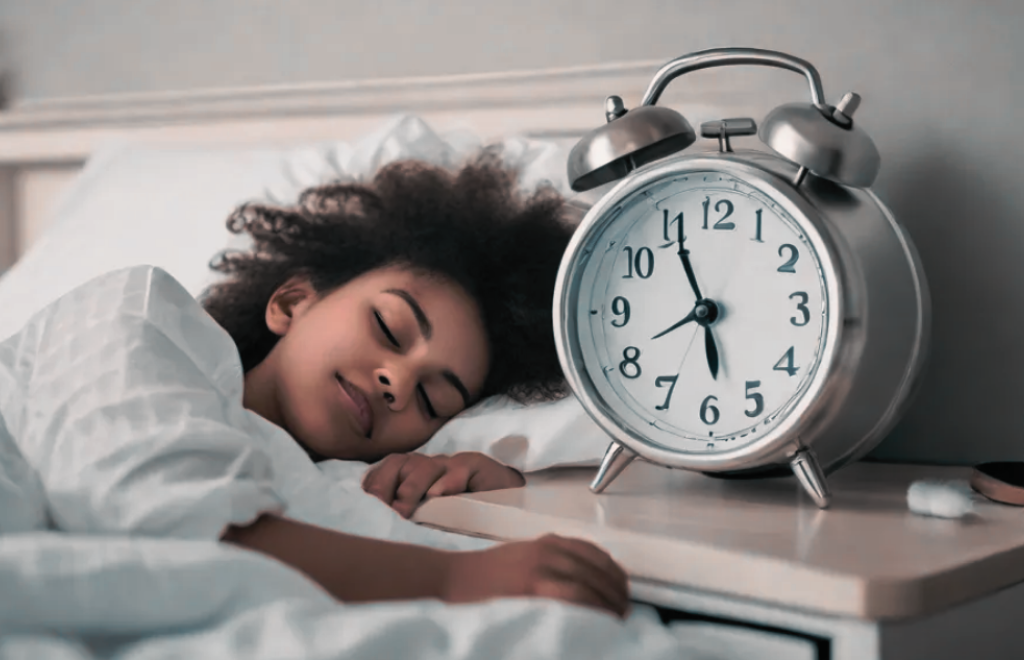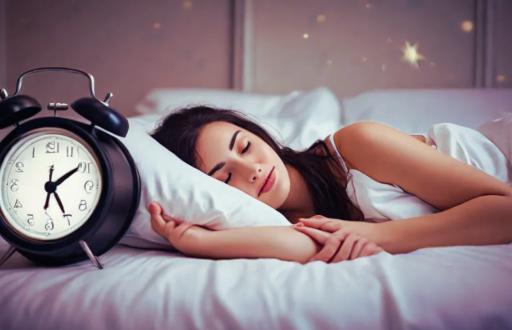A good night’s sleep. It’s something we all crave, yet often struggle to achieve. In our fast-paced, digitally driven world, restful slumber can feel like a distant dream. But consistent, quality sleep is not a luxury; it’s a fundamental pillar of health, impacting everything from our mood and cognitive function to our physical well-being. So, how can we reclaim those precious hours of restorative rest? Here are 10 actionable tips to help you sleep better tonight.

- Establish a Consistent Sleep Schedule: Our bodies operate on an internal clock called the circadian rhythm. Disrupting this rhythm by varying our sleep and wake times can wreak havoc on our sleep quality. Going to bed and waking up at the same time each day, even on weekends, helps regulate this internal clock, promoting more consistent and restful sleep. This seemingly simple change can have a surprisingly profound impact.
- Create a Relaxing Bedtime Routine: Think of this as a winding-down ritual for your mind and body. This could include taking a warm bath, reading a book, listening to calming music, or practicing gentle stretching. Avoid stimulating activities like watching TV or scrolling through social media right before bed. These activities can actually make it harder to fall asleep.
- Optimize Your Sleep Environment: Your bedroom should be a sanctuary for sleep. Keep it dark, quiet, and cool. Blackout curtains, earplugs, and a comfortable temperature (around 60-67 degrees Fahrenheit) can make a world of difference. A well-chosen mattress and pillows are also crucial investments in your sleep health.
- Watch Your Diet and Exercise: What you eat and when you exercise can significantly impact your sleep. Avoid large meals, caffeine, and alcohol close to bedtime. Regular physical activity is beneficial for sleep, but avoid vigorous workouts in the evening. A gentle walk after dinner, however, can be surprisingly conducive to sleep.
- Limit Screen Time Before Bed: The blue light emitted from electronic devices interferes with melatonin production, a hormone that regulates sleep. Aim to disconnect from screens at least an hour before bed. This is, admittedly, a tough one in our connected world, but the payoff in better sleep is significant.
- Manage Stress: Stress and anxiety are notorious sleep disruptors. Incorporate stress-reducing techniques into your daily routine, such as meditation, deep breathing exercises, or journaling. Even a few minutes of mindful practice can make a substantial difference.
- Consider a Warm Bath or Shower: A warm bath or shower before bed can help relax your muscles and lower your core body temperature, signaling to your body that it’s time to sleep. This simple act can be surprisingly effective for some individuals.
- Ensure Adequate Exposure to Natural Light During the Day: Sunlight helps regulate your circadian rhythm. Spending time outdoors during the day, especially in the morning, can improve sleep quality at night. This is especially important for those who work indoors.
- Avoid Napping for Extended Periods: While short naps can be refreshing, long or frequent naps can disrupt your nighttime sleep. If you need to nap, keep it short (20-30 minutes) and avoid napping late in the day.
- Seek Professional Help if Necessary: If you consistently struggle with sleep despite implementing these tips, it’s important to consult with a healthcare professional. They can help identify any underlying medical conditions or sleep disorders that may be contributing to your sleep problems.

Conclusion of Sleep:
Prioritizing sleep is not a sign of weakness; it’s an investment in your overall well-being. By implementing these 10 tips, you can pave the way for more restful nights and more energized days. Small changes can often lead to significant improvements in sleep quality, leading to a cascade of positive effects on your health and daily life.
FAQ:
- Q: How much sleep do I really need?
- A: Most adults need between 7-9 hours of sleep per night. However, individual needs may vary.
- Q: What if I can’t fall asleep after 20 minutes?
- A: Get out of bed and do something relaxing in dim light until you feel tired. Then, return to bed.
- Q: Are sleep aids a good solution?
- A: Over-the-counter sleep aids should be used sparingly and only for short-term relief. Consult with a doctor before using them regularly.
- Q: How long will it take to see improvements in my sleep?
- A: It varies from person to person. Some may see improvements within a few days, while others may take a few weeks. Consistency is key.
- Q: Can diet really affect my sleep?
- A: Absolutely. Caffeine, alcohol, and large meals close to bedtime can all interfere with sleep. A balanced diet and mindful eating habits can contribute to better sleep.
Sources and related content






